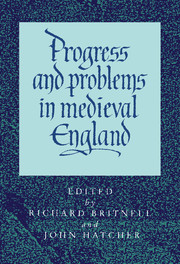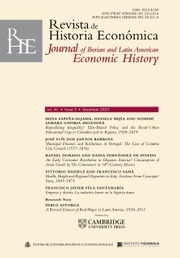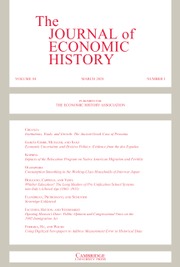Flemish Textile Workers in England, 1331–1400
In the fourteenth century, with the encouragement of King Edward III, textile workers from the Low Countries – predominantly Flanders but also Brabant – settled in England. Using extensive and original resources from both sides of the English Channel, Milan Pajic argues that the exponential growth of the English textile industry was due to the skill and influence of Flemish immigrants, challenging interpretations from a section of economic historians in the latter half of the twentieth century who concluded that immigrants did not contribute to the economic development of England. The book explores the geography of immigration, the reasons behind the movement of people, and the varied social encounters with local populations. In so doing it uncovers an important and vibrant history which provides essential historical context for contemporary debates on the free movement of people.
- Demonstrates how important immigrant workers were for the expansion of the English textile industry
- Challenges previous interpretations by economic historians
- Sheds light on the lives of the immigrant population in England and their reasons for moving
Product details
November 2023Adobe eBook Reader
9781108807784
0 pages
This ISBN is for an eBook version which is distributed on our behalf by a third party.
Table of Contents
- Introduction
- 1. Anglo-Flemish economic relations, complex urban revolts and the politics of collective exile in Flanders
- 2. Flemish and Brabantine immigrants as permanent residents in England 1351–1400
- 3. Social relationships and business networks of the Flemish community in England
- 4. Economic activities of the immigrants from the low countries: wool and woollen cloth production and trade
- 5. Women from the low countries in England and their economic activities
- 6. Anti-Fleming sentiment and the Peasants' Revolt of 1381
- Conclusion.










